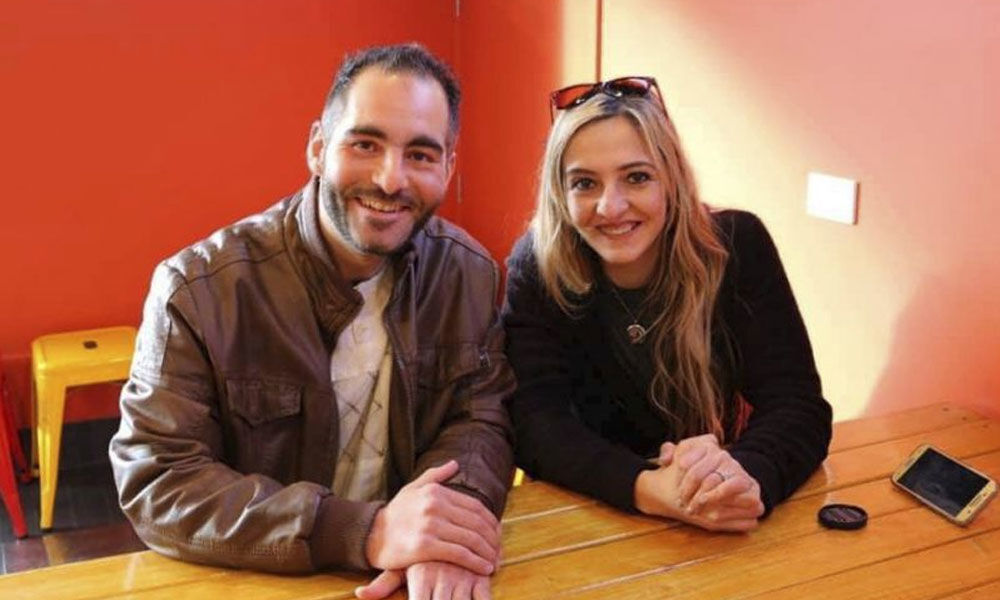Brother's teasing before NZ mosque shooting proved prophetic

She wonders now if that moment was a prophecy, if her brother somehow knew it was the last time they'd see each other.
Christchurch: She wonders now if that moment was a prophecy, if her brother somehow knew it was the last time they'd see each other.
Or maybe he was just teasing her, like he always did. But whatever the whole thing meant, Aya al-Umari likes to believe it was her brother's way of saying goodbye. It was Thursday, the evening before a white supremacist stormed into the mosque where Hussein al-Umari was praying, killing the 35-year-old in New Zealand's deadliest mass shooting in modern history. Hussein had joined his sister Aya and their parents for dinner.
And he was fixated on Aya's new shirt. It was just a simple cream-colored T-shirt. But on the front were three words: "See You Bye." Every time she passed him, he'd chirp: "Hey, that's a nice top!" Was he serious, or just making fun of her? She couldn't tell. After the fifth comment, she started ignoring him. Like most big brothers, he could be a real pest. He'd always delighted in teasing her. One time when they were visiting Malaysia as kids, he'd given her some candy that he assured her was smooth and sweet. When she put it in her mouth, she quickly realised he'd tricked her.
It was popping candy, which instantly began to fizz and spark on her tongue. She shrieked. He laughed. When Hussein left her house on Thursday night, she was busy. She didn't get the chance to hug him goodbye, or say the words out loud. The next day was a nightmare. Hussein, who worked in the tourism industry, was between jobs, which left him free to attend Friday prayers at Al Noor mosque. He died there, one of 50 people whose lives were cut short in a barrage of racist violence that day. On Friday night, Aya returned home and saw the shirt lying on a chair. She looked at the words, "See You Bye." She thought of Hussein.
Maybe he'd had a premonition. She alternates between laughter and tears when she thinks of him now. The two of them moved from Abu Dhabi to Christchurch in 1997, and had settled comfortably into their new lives in the peaceful green country. Hussein, an exercise enthusiast, loved taking long walks, sometimes several times a day. He also loved to travel, most recently to the seaside South Island city of Nelson. He'd created a video blog of his adventures; Aya had been impressed by how polished the video was. When she remembers Hussein, she pictures him with his arms wide open, ready to wrap her in an embrace. He'd always been a hugger. Even after a long day, when she just wanted to go to bed, he insisted on giving her a squeeze first. On Monday, she was left wondering where Hussein was. Like most families who lost loved ones in the attacks, she was still waiting for her brother's body to be released.
The wait has been made more painful by the fact that Islamic law calls for bodies to be cleansed and buried as soon as possible after death, usually within 24 hours. "It's very unsettling not knowing what's going on. If you just let me know — is he still in the mosque? Is he in a fridge? Where is he?" she said. "I understand the police need to do their job because it's a crime scene, but you need to communicate with the families." For now, she comforts herself with memories of Hussein the way he was in life: arms wide open, wrapping her in a hug. Teasing her about a T-shirt that she clings to as a symbol of their final farewell.








